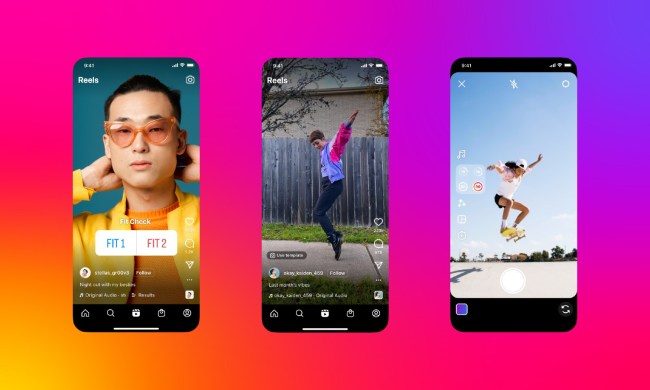Facebook has announced a blanket ban on QAnon accounts in a bid to drastically cut down on content supporting the radical conspiracy theory group.
The strict measures follow less rigorous action taken by Facebook against QAnon in August 2020.
In a post on its site on Tuesday, October 6, Facebook said that from here on, it will remove all
“Our Dangerous Organizations Operations team will continue to enforce this policy and proactively detect content for removal instead of relying on user reports,” the company said in its post, adding, “These are specialists who study and respond to new evolutions in violating content from this movement and their internal detection has provided better leads in identifying new evolutions in violating content than sifting through user reports.”
The more robust action taken by Facebook this week suggests the softer measures that it put in place in August to curb QAnon activity on its platform failed to have the desired effect. Those measures targeted QAnon content that promoted violence, and they resulted in the removal of more than 1,500
With new content landing on the site all the time from new accounts and users, and a proliferation of QAnon content hitting social media in recent months, Facebook clearly has its work cut out to purge its platform of QAnon-related content. How exactly it will enforce its new rule is key, as reports have already suggested it won’t affect, for example, individual users posting under their own profiles about QAnon.
QAnon formed in the wake of content posted online three years by the mysterious “Q,” a person claiming to be a U.S. government insider with top security clearance. It has since transformed into a movement whose followers propagate a range of baseless conspiracy theories, including one that President Donald Trump is secretly fighting against rival political, business, and military leaders, as well as high-profile celebrities (aka the deep state), who are accused of being engaged in nefarious activities.
In July, Twitter also announced a crackdown on QAnon activity on its site, with the action helping to drastically cut the amount of QAnon engagement within just a couple of months.


